Frequently Asked Questions From Real Estate Investors
Investing in real estate always seems very high-risk high-reward, but that’s not entirely the case. It’s important that everyone who delves into it be comfortable with their purchase and have all the data they need. These are the questions that we’ve been asked the most in our culminated decades of experience, these answers will put you more at ease on your path.
When should I start?
You should start as soon as you can. When it comes to real estate, the sooner that you get in, the sooner you can take advantage of the returns. As an investor you need 20% down, you have the option to put it in increments; most investments don’t. You just need to decide when you’re ready.
How do I prepare?
Get educated when you’re thinking about starting. There are so many resources that you can take advantage of, you need to find whatever method is easiest for you to consume. Whether it be YouTube, Google, podcasts or books, there are almost innumerable sources of information on this topic. You should also surround yourself with your real estate all-star team. We advise starting with an independent mortgage broker because they can shop around for the best price and terms and set you up as an investor for potentially multiple properties down the line. Then you want to look for a realtor with expertise specific to the area you are shopping in (as there are so many micro markets in any city or town). Then you want a real estate lawyer, an insurance advisor and a contractor.
What do I need to know before I jump in?
This will not be a perfect investment, that actually does not exist. The numbers don’t always work out as they look like on paper. Be prepared to take a little risk, although it is a calculated risk with all of the data you’ve collected.
What is the best investment strategy?
The best investment strategy is different for everyone. The biggest return on investment is the buy, renovate and flip, but you’ll have to be able to handle such a big project. Many prefer a passive investment, something that’s already renovated and can be rented out as it appreciates in value. The best strategy is decided by what you want to do in the long-term, but also what your comfortable with.
How safe is the market?
I’ve seen decades of data, and within that we see the market go up and down as it trends upwards. Currently in Toronto of January 2020, we are in a secure market as properties are appreciating at 4–5% year over year. For the past 39 years we’ve seen appreciation average at 6.9% each year.
What fees and taxes do I have to pay?
You have to look at closing costs. We advise budgeting 3–3.5% of the purchase price to remain on the safe side. For Toronto, there is the Ontario Land Transfer Tax, the Municipal Land Transfer Tax, lawyers fees, closing adjustments. For pre-construction investments, you also have development charges and Tarion home warranty fees.
What if there is a problem within the market?
In the real estate market, you’re only really affected when you sell. Buy and hold is what we always preach at REC. When interest rates go up, the cost of borrowing also goes higher, which means that tenants who are thinking about buying are unable to purchase. So you have more tenants looking to rent, which is beneficial to investors. If the market goes down (and you’ve put away some money), put some joint ventures together to go on a bit of a shopping spree.
What should an investor know that’s possibly not obvious to them?
This process is actually harder than you think if you don’t get educated. There’s also a lot you can do with real estate: you can buy and rent it out, buy it and refinance it, and buy it and sell it. There are triple benefits to investing because the values go up, someone else is paying your mortgage down (so you’re building good equity), and you have cash flow covering your expenses. You don’t see these benefits in other types of investments.

